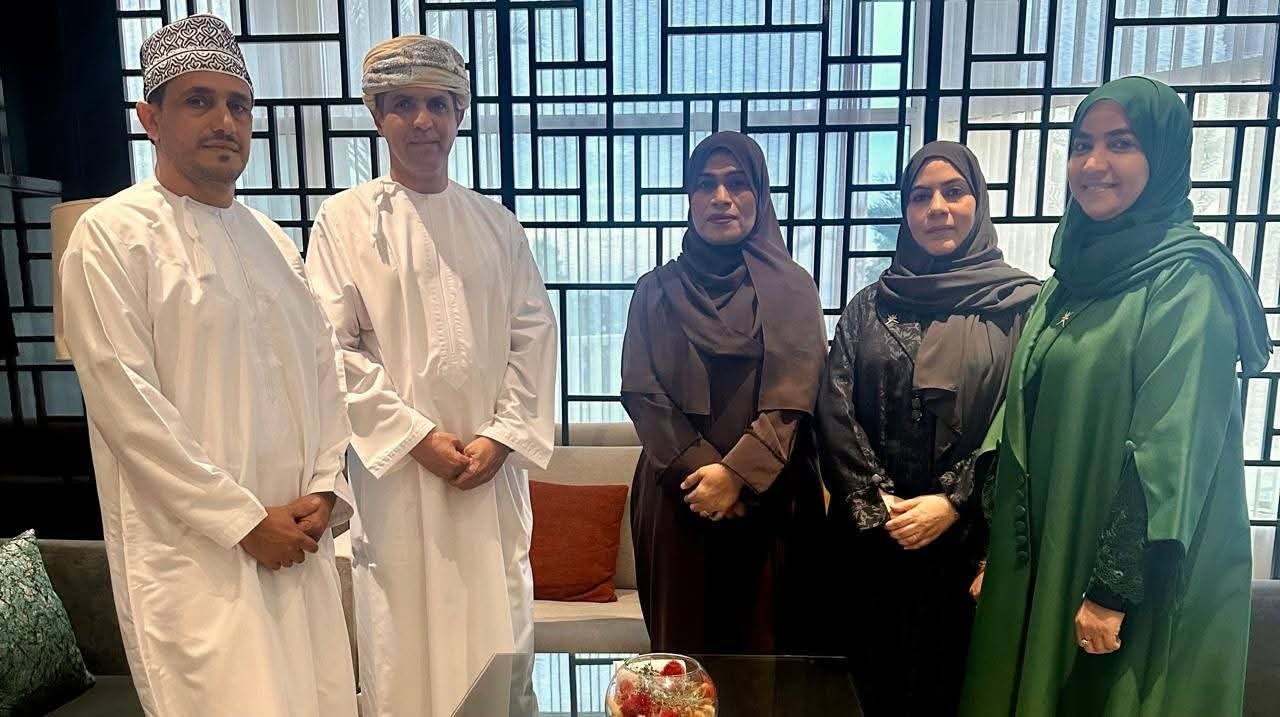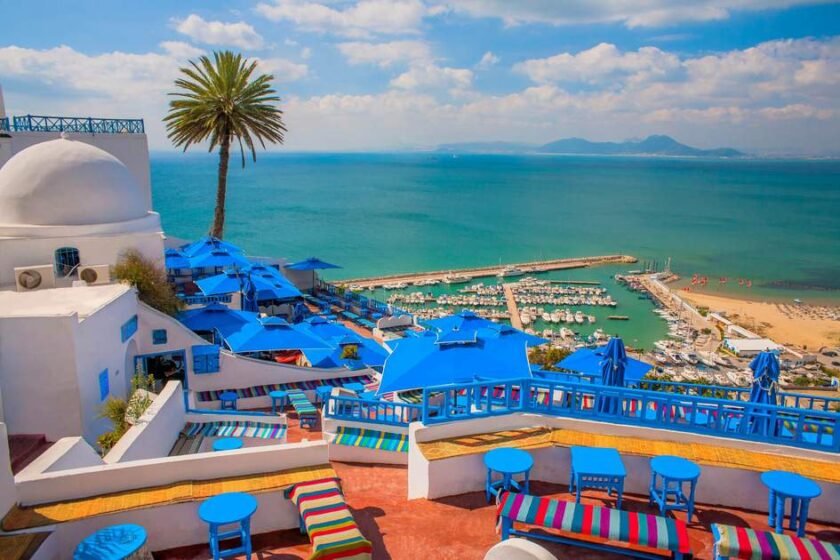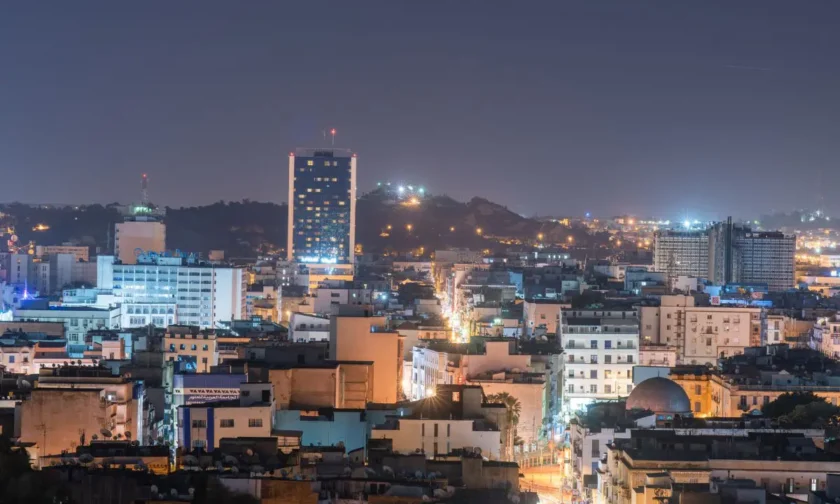Dr. Hilal bin Abdullah Al-Sanani, Ambassador of the Sultanate of Oman to the Republic of Tunisia, delivered a statement on the occasion of the participation of an Omani delegation representing the Ministry of Education, the Ministry of Health, and the Oman College of Health Sciences in the 6th Arab Alliance Conference on Adolescent Health and Medicine, held in Tunis from October 13 to 15, 2025, under the theme “From Challenges to Solutions: A Comprehensive Approach to Adolescent Well-being.”
He affirmed that Oman’s participation in the conference underscores the Sultanate’s steadfast commitment to supporting Arab initiatives aimed at advancing public health and enhancing adolescent well-being through knowledge exchange and evidence-based educational and health policies.
“Adolescents represent the human capital upon which the progress of nations is built. Caring for them is an investment in the nation’s future,” he said.
Dr. Al-Sanani added that this participation reflects the depth of the brotherly relations between Oman and Tunisia, as well as their ongoing cooperation in the fields of education, health, and scientific research. It also demonstrates both countries’ shared vision to empower the Arab individual and enhance their role within society.
He emphasized that caring for adolescents and their health is closely aligned with Oman’s comprehensive national vision, which seeks to build and empower its people intellectually, socially, and physically.
“What distinguishes Oman’s development experience is its inclusivity—Omani women have always been a cornerstone of this process. They are not mere recipients of policy but active partners in shaping the present and building the future.”
Dr. Al-Sanani highlighted that Omani Women’s Day, celebrated annually on October 17, was established in 2009 by the late His Majesty Sultan Qaboos bin Said—may his soul rest in peace—as a tribute to Omani women’s pivotal role in the nation’s renaissance.
“This occasion serves as a renewed pledge to continue empowering women across all sectors. Today, Omani women are a key pillar of the renewed renaissance under the leadership of His Majesty Sultan Haitham bin Tarik—may God protect him,” he stated.
He went on to say that, under the wise leadership of His Majesty Sultan Haitham, Oman continues its steadfast policy of promoting women’s participation in sustainable development. In his Royal Address on February 23, 2020, His Majesty reaffirmed that citizens’ participation in shaping the nation’s present and future is a cornerstone of national progress and that Omani women, with their guaranteed rights, work side by side with men in serving their country and community.
The Ambassador also referred to the statement made by Her Highness the Honorable Lady, Sayyida Ahad bint Abdullah Al Busaidiyah, on Omani Women’s Day 2023, in which she said:
“Every year, October 17 renews our pride in the Omani woman who, through dedication and determination, has proven that success knows no limits. Her remarkable contributions shine across all fields, illuminating the path of our nation’s comprehensive renaissance.”
Dr. Al-Sanani noted that these words embody Oman’s philosophy of placing the human being—man or woman—at the heart of its development.
“Today, Omani women are not only companions in progress but also decision-makers and key drivers of national transformation,” he said.
Citing data from the National Centre for Statistics and Information as of June 2024, he reported that 100,450 Omani women work in the public sector (aged 15 and above), 119,593 in the private sector, and 1,018,064 in family and informal sectors. Moreover, women represent 57% of the workforce in traditional crafts, a testament to their strong presence across all areas of production and national development.
Dr. Al-Sanani underlined that Oman Vision 2040 has solidified this approach by embedding gender equality as a key pillar in building a competitive economy, a participatory society, and a modern institutional state.
“The national vision places women at the core of development—not merely as beneficiaries but as partners in shaping decisions and the future. Oman’s model has become a regional benchmark for balancing authenticity with modernization and for integrating women into all areas of national progress.”
He concluded by emphasizing that Oman’s active participation—by both men and women—in regional and international forums, including this conference in Tunisia, reflects its commitment to scientific and health diplomacy, and reaffirms the country’s belief that sustainable development begins with people, with women and youth forming the foundation of Oman’s and the Arab world’s prosperous future.
TunisianMonitorOnline (Douha Essafi)




